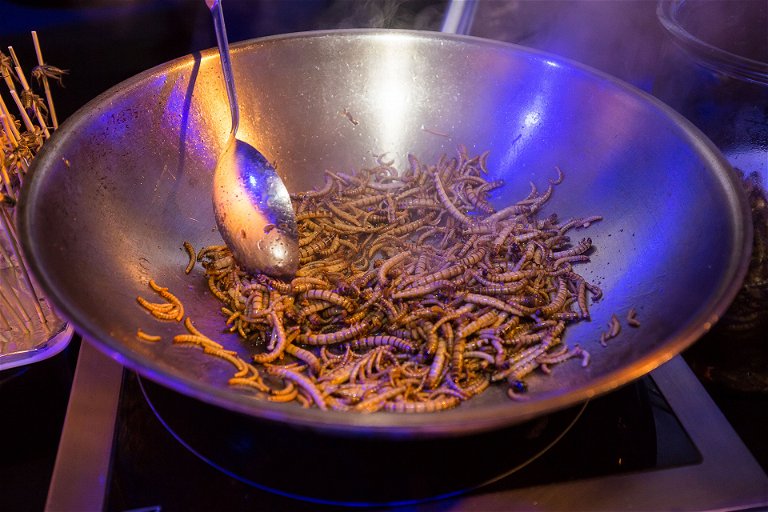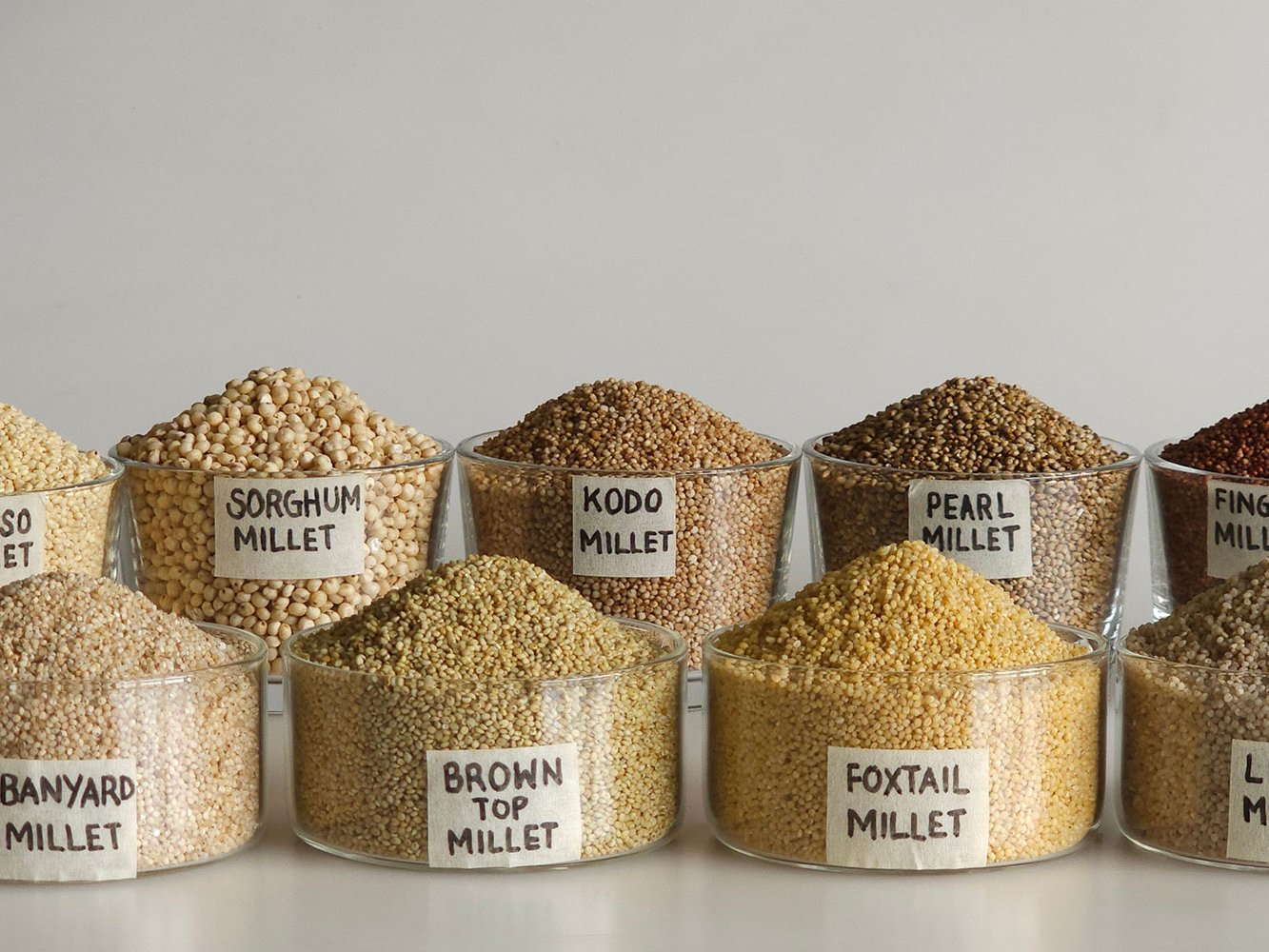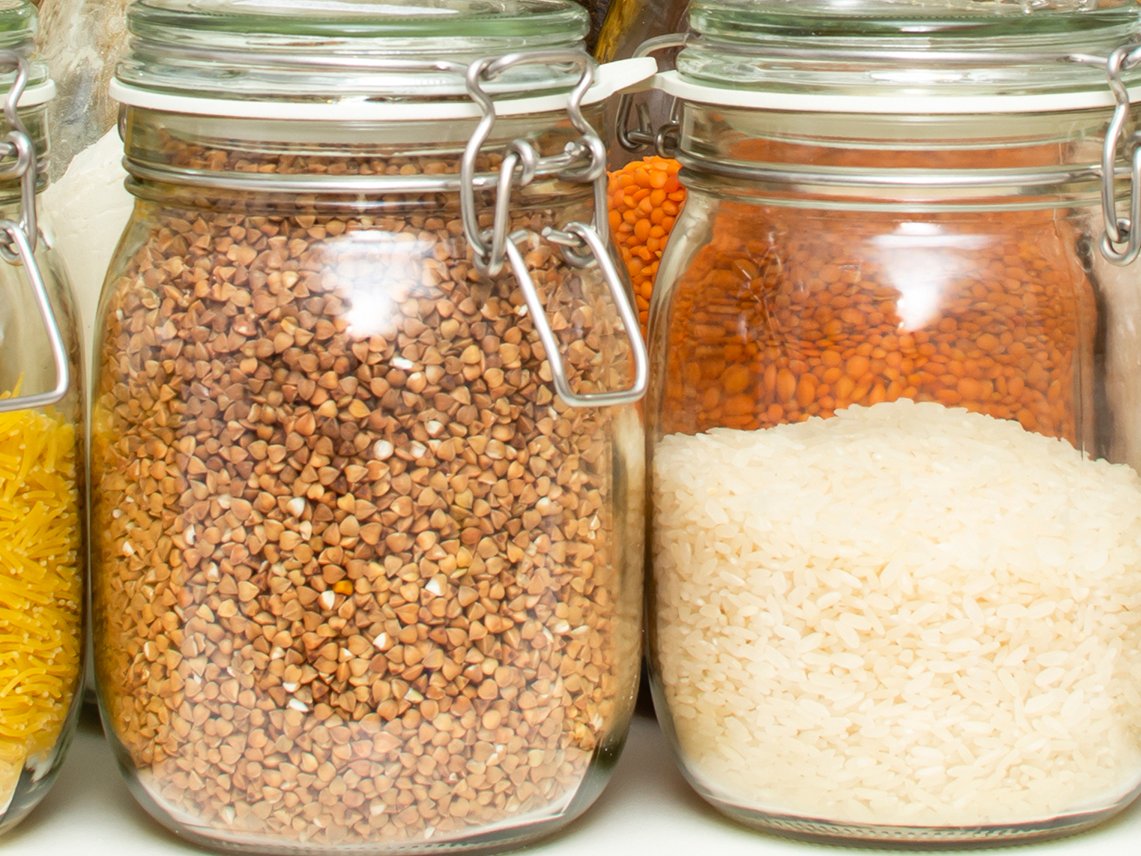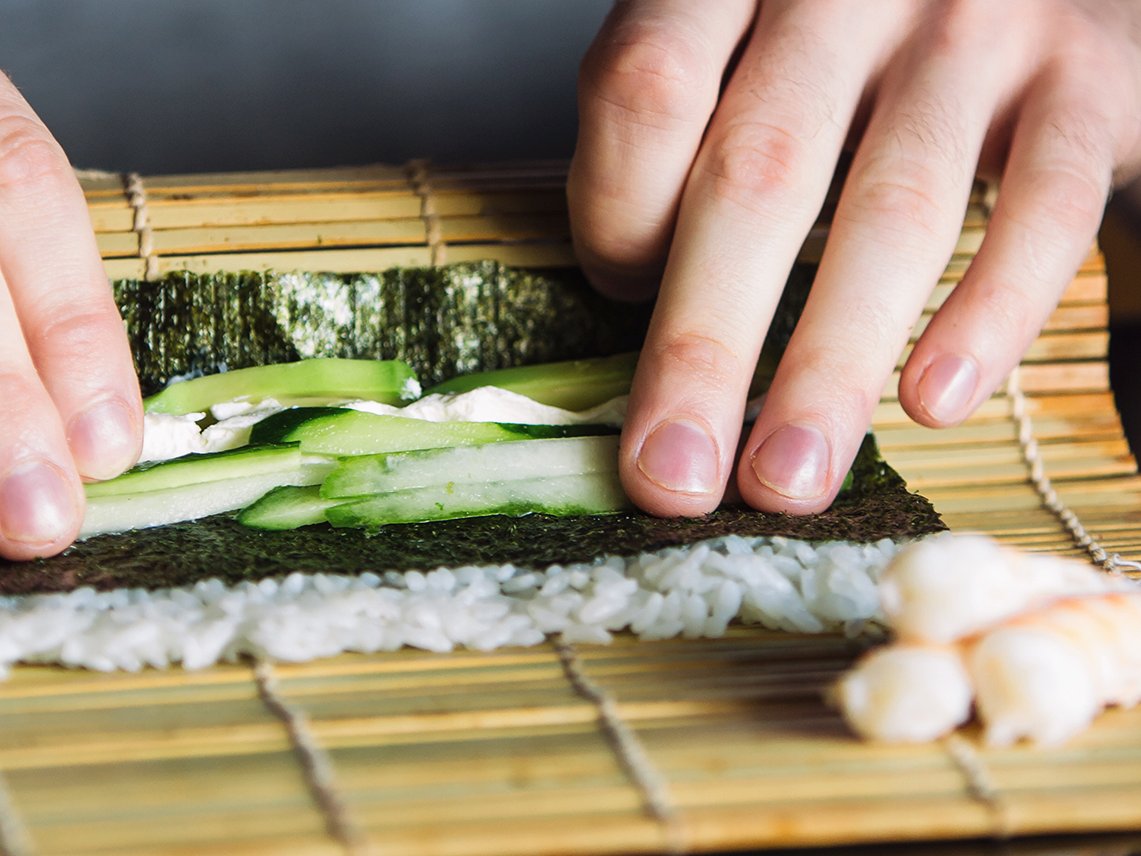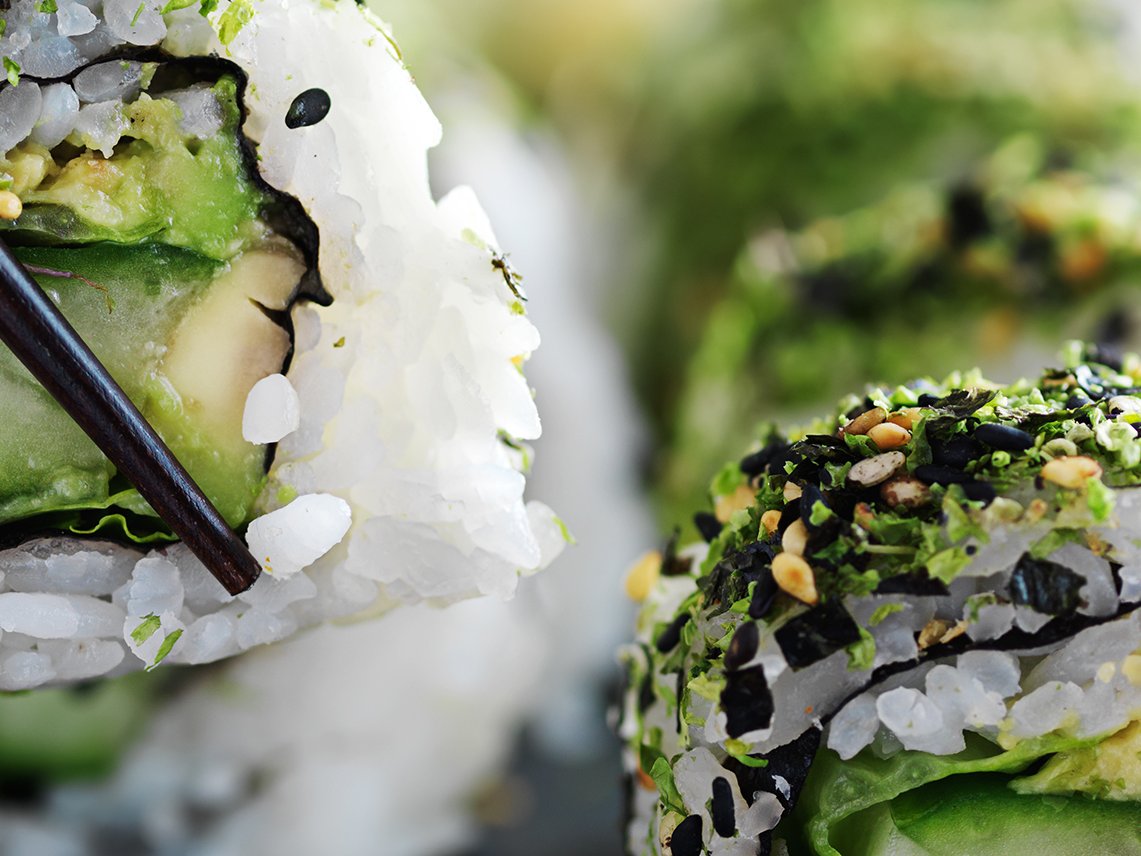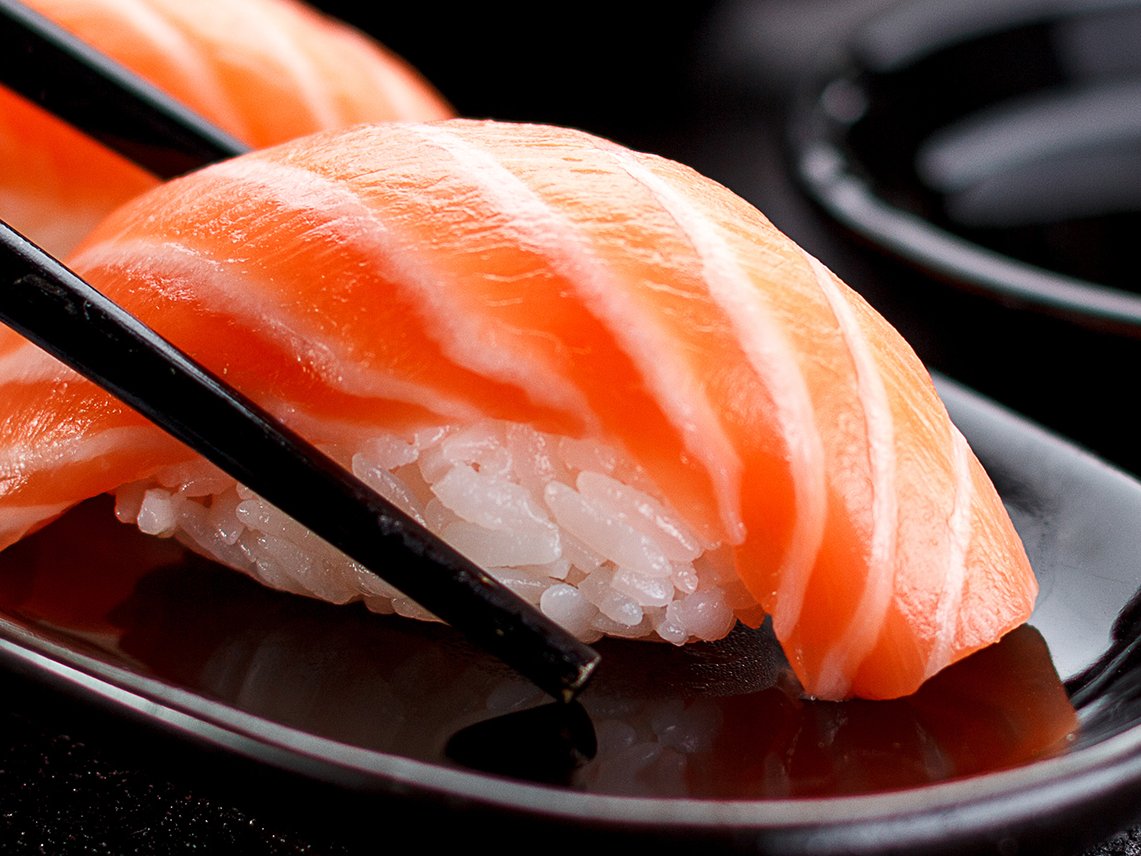Mealworm seasoning, anyone?
Researchers have created a meat-like flavouring when cooking mealworms with sugar. This might prove to be a new source of protein and help the environment.
Mealworms could be a healthy, climate-friendly alternative to meat: they provide protein and other essential ingredients such as vitamins and minerals and they are easy to grow and use. The problem: in some countries, people cannot imagine eating mealworms. Although it is estimated that around two billion people worldwide already eat insects, it remains taboo for many.
South Korean researchers have found a way to sneak mealworms into the diet, so to speak. The researchers reported that they've cooked up mealworms with sugar, creating a “meat-like” flavouring. They say it could someday be used in convenience foods as a tasty source of extra protein. Their research results were published at the fall meeting of the American Chemical Society (ACS).
“Eating insects has become of interest because of the increasing cost of animal protein, as well as the associated environmental issues”, said In Hee Cho, Ph.D., the project's principal investigator, in a press release. Insects are a nutritious and healthy food source with high amounts of fatty acids, vitamins, minerals, fibre and high-quality protein, which is like that of meat, the research team at Wonkwang University (South Korea) has been quoted.
The research team first compared mealworm aromas throughout its lifecycle and found that all stages primarily contained volatile hydrocarbons, which give off scents. For example, raw larvae had wet soil-like, shrimp-like and sweet corn-like aromas. Then the researchers compared the flavours that developed as larvae were cooked with different methods. Steamed mealworms developed even more pungent sweet corn-like aromas, whereas roasted and deep-fried versions had shrimp-like and fried oil-like attributes.
Meat-like flavours
Reaction flavours, also called process flavours, are produced when proteins and sugars are heated together and interact. The result is a suite of “meat-like” and savoury flavours. The scientists tested different manufacturing conditions and ratios of powdered mealworms and sugars, producing multiple versions of reaction flavours. These were given to consumers. As a result of the study, ten reaction flavours were optimised based on consumer preferences. The researchers now hope that the results will contribute to the commercial development of meat-like and savoury flavourings and seasonings and encourage the convenience food industry to include edible insects in their products.
Sustainable sources of protein
The global population is expected to reach 9.7 billion by 2050 and nearly 11 billion by 2100. Feeding them with animal meat will require vast food, water and land resources. And cows substantially contribute to climate change, releasing large amounts of methane in their burps. Therefore more sustainable sources of protein are needed.
